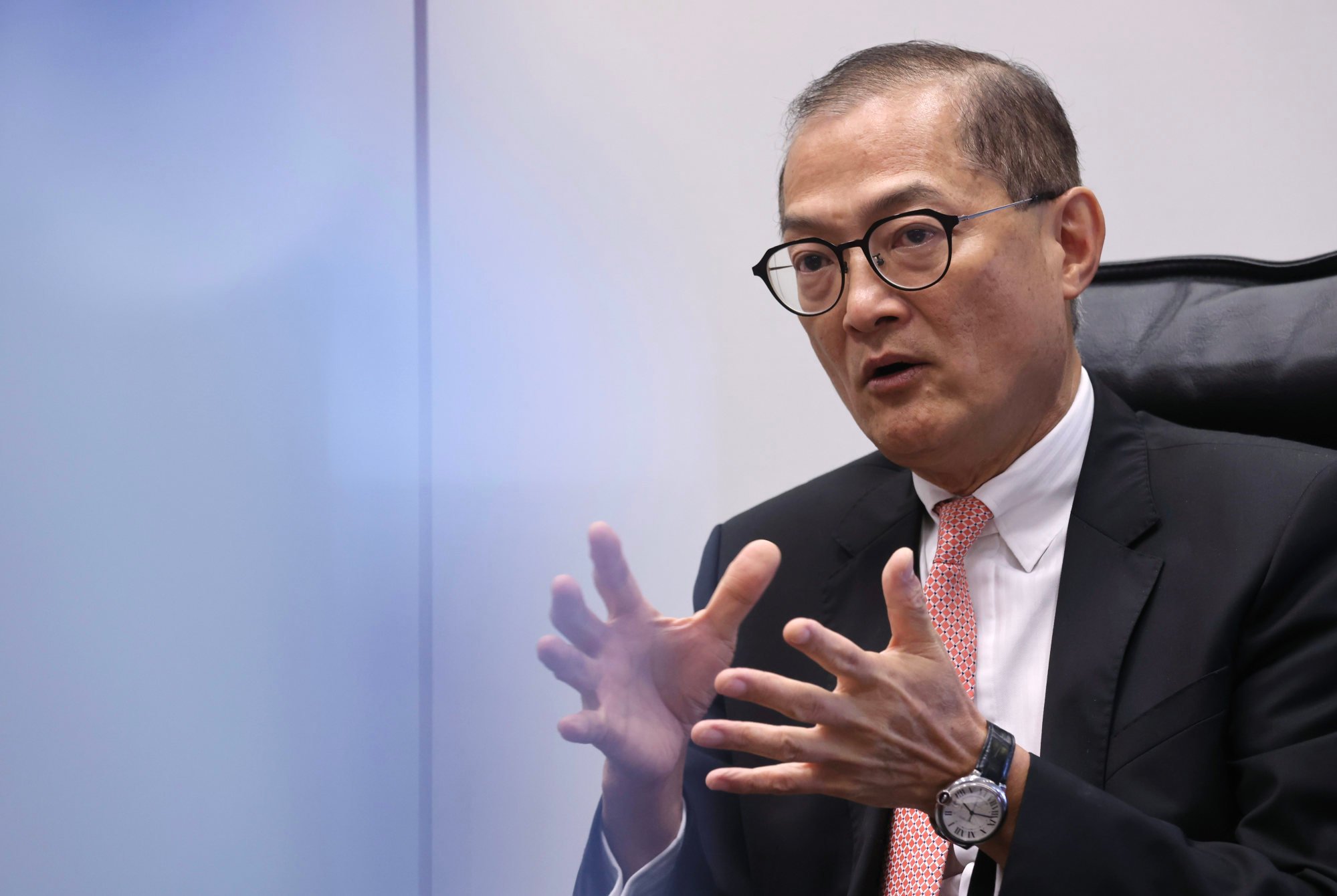
Hong Kong joins global drug regulation body as observer, bringing city closer to setting up own approval authority; health chief ‘delighted’ by move
- International Council for Harmonisation of Technical Requirements for Pharmaceuticals for Human Use has accepted city as one of its 37 observers
- Secretary for Health Lo Chung-mau says the move will help advance Hong Kong’s plans to develop its own drug approval authority
Hong Kong has joined an international council of drug regulators as an observer, bringing city authorities a step closer to their goal of setting up their own approval system, with the health minister saying he was “delighted by the good news”.
The Department of Health on Thursday said Hong Kong had been accepted as an observer at an assembly in the Czech Republic on October 31.
Hong Kong patients could benefit from faster ‘1+’ drug approval: health minister
The International Council for Harmonisation of Technical Requirements for Pharmaceuticals for Human Use (ICH) revealed its decision in a press release on Wednesday.
“The ICH continues to expand and welcomed PPBHK, Hong Kong, China, as a new ICH observer,” it said, referring to the Pharmacy and Poisons Board of Hong Kong.
The board works with the health department on the approval for registration of pharmaceutical products in the city.
The addition of Hong Kong brings to 37 the number of observers on the council, which has 21 members.
Secretary for Health Lo Chung-mau said he was “delighted by the good news”.
He added observer status would allow the city to familiarise itself with the latest developments in drug regulation and advance the development of its own system.
The move would also help Hong Kong better align itself with World Health Organization-listed authorities and pave the way for a long-term bid to develop the city into an internationally recognised regulatory authority for drugs and medical devices, Lo said.

Hong Kong hoped to become a regulatory member on the council eventually, Lo said after earlier revealing it could take up to 10 years to achieve.
“Our objective is to take progressive steps to bloom from the current ‘secondary evaluation’ approach towards the establishment of a ‘primary evaluation’ approval mechanism recognised internationally and by the mainland,” he said.
Hong Kong may need 10 years to create drug regulation scheme with global status
Lo said such a system could allow patients to get early access to new drugs, and attract more local, mainland Chinese and overseas companies to carry out research, development and clinical trials in Hong Kong.
The city at present approves drugs based on a “secondary evaluation” approach where pharmaceutical firms can apply to register their products in the city if they have received certification from two regulatory authorities.
Veteran drug firm boss seeks more public-private partnerships in Hong Kong
A preparatory office will be set up next year to study the potential restructuring and strengthening of the regulatory and approval regimes for drugs and medical devices.
The office will help prepare the establishment of the Hong Kong Centre for Medical Products Regulation, which will handle the primary evaluation of drugs.

